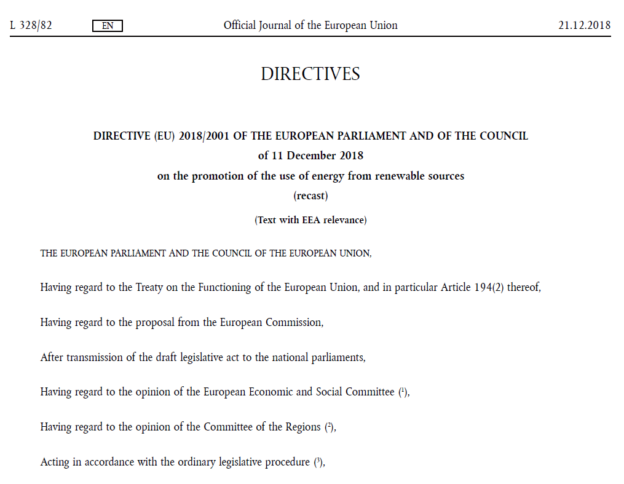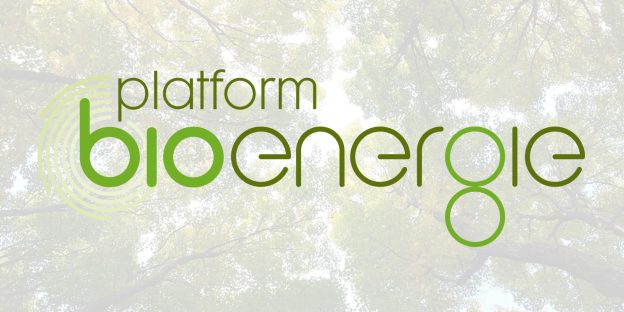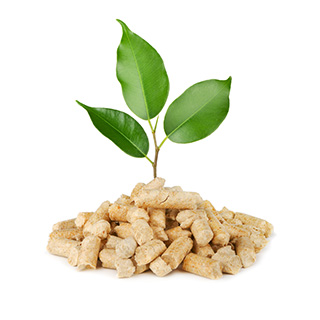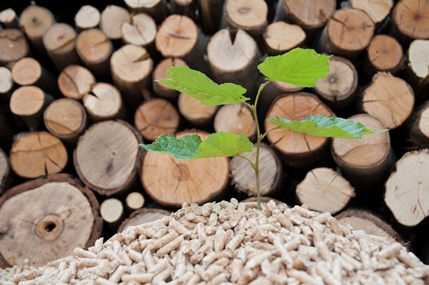As a result of measures taken by governments and organizations worldwide to curb the spread of the coronavirus, not all conformity assessment activities can proceed as planned for a period of time. The manner in which the Dutch Accreditation Council (RvA) deals with the current situation is described in document RvA-T051, which is in accordance with IAF ID3:2011.
NEN applies the rules of RvA-T051 (version 3, last update: 2020-03-22) for the schemes under its management. The rules apply to both schemes that are carried out under RvA accreditation and to schemes where this is not (yet) the case. This document contains a summary and explanation of these rules. Where necessary, for specific schemes, the rules are supplemented with additional process agreements. The rules apply as long as the measures related to the coronavirus as taken by governments and organizations are in place with a maximum period of six months. After this period, new rules will be introduced, if necessary.
Definition of extraordinary circumstances
The definition used in document RvA-T051 and IAF ID3:2011 is the following:
Extraordinary event or circumstance
A circumstance beyond the control of the organization, commonly referred to as “Force Majeure” or “act of God”. Examples are war, strike, riot, political instability, geopolitical tension, terrorism, crime, pandemic, flooding, earthquake, malicious computer hacking, other natural or man-made disasters.
(Source: IAF ID 3:2011)
Exemption rules
Initial certification and scope extensions
During the period in which normal working methods, including (practical) exams and on-site auditing, are not possible due to extraordinary events or circumstances, a full initial certification or scope extension is only possible if the conformity assessment activities can be carried out fully and properly.
Recertification and surveillance audits
If a recertification or surveillance audit cannot be carried out or cannot be fully carried out as a result of the measures, the deadline for completing the issuing of the new certificate or the surveillance audit may be postponed within a period up to six months at the maximum. This will give conformity assessment bodies the opportunity to postpone audits, (practical) exams and, if relevant, site visits. The following requirements apply for granting an extension:
- Postponement is only permitted temporarily, as long as the regulation in this document is effective and if there is really no other option.
- NEN shall be informed about the granted extension for each certificate holder concerned to maintain the certificate register.
- The deferral period is kept to a minimum and recertification or surveillance audits should be scheduled as soon as possible once relaxation of the measures allows this.
- In the case of recertification, the initial date of validity of the certificate shall be taken to extend the validity of the new certificate with a new term. The validity of this new certificate will therefore be shorter.
- In the case of a surveillance audit, the terms for the next surveillance audit will be unchanged, i.e. they remain linked to the date of issue of the certificate, which can result in a faster sequence of surveillance audits.
- If the 6-month deferral period is exceeded, the certificate will expire.
Alternative audit methods
Remote assessment
NEN can give permission to allow remote assessment for certification schemes where remote assessment (or remote auditing) is not standard practice. In that case, remote assessment is only permitted temporarily, as long as this regulation is effective and if there is really no other option.
The requirements of IAF MD 4:2018 apply to conducting remote assessments, with the following (additional) requirements:
- The organization subject to the remote assessment shall agree in advance including about how the assessment will be carried out.
- NEN shall be informed about the intention of a conformity assessment body to carry out remote assessments for a specific scheme.
- The remote assessments should be carried in accordance with the original audit programme wherever possible.
- Observations of locations and / or (behaviour of) operational employees / activities cannot be carried out remotely.
- Interviews of functions where (behavioural) observation are not relevant, for example “office functions” such as management, HR, calculation, can be carried out remotely.
- The interview shall take place through a secure connection, such as MS Teams or Skype, where there is both an audio and a video connection, so that the auditor(s) and the auditee can clearly hear and see each other regarding verbal and non-verbal communication.
- The conformity assessment body shall keep a complete record of actions and deviations from the established certification programme, together with the justification of the decisions about the actions taken. In the case a scheme is not under supervision of the RvA, this information shall be made available to NEN for inspection upon request.
Exemption rules for ‘RED compliance’
The European Commission has informed all owners of recognised voluntary schemes within the framework of Directive 2009/28/EC about the following:
By recertification audits, we specifically mean audits following requests for renewal of certification in the case when an economic operator has already been certified under the voluntary scheme to which the request is addressed but the certificate has recently expired [expired from the 1st of March 2020]/ or is due to expire soon. By surveillance audits, we specifically mean scheduled audits that are carried out between the date of initial audit and the date of the end of validity of the certificate.
Due to the exceptional circumstances resulting from the COVID19 outbreak, we have extended the possibility for recertification and surveillance audits to be conducted remotely by certification bodies if this is possible. This is valid for all regions word-wide. We will allow this exception until the 1st of July 2020. If remote audits are themselves not possible, for instance due to unavailability of auditors, then we will accept the extension of the validity of certificates expired since the 1st of March 2020 up to and including the 1st of July 2020.
After the 1st of July 2020, certification bodies will be required to complement remote audits conducted during the period up to that date with the on-site audits that would have normally been carried out, or to conduct audits (in the case when no audits could be conducted) in line with the usual requirements, within a period of three months.
We will continue to review the situation in due course.
More information
For more information about these exceptions, send an e-mail to schemabeheer@nen.nl. For other information about scheme management, visit nen.nl/certificatie (in Dutch).








